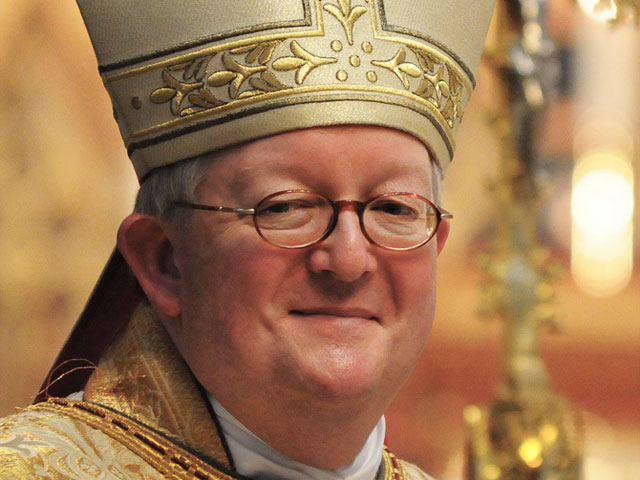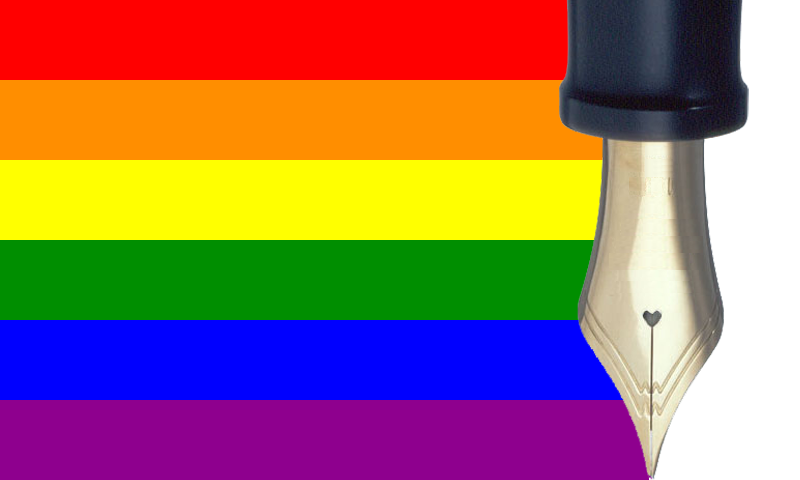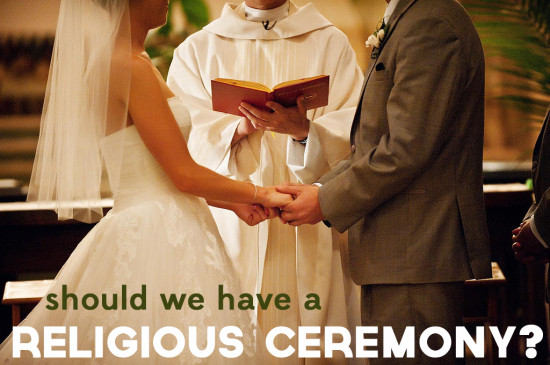Who is the target in this story from The Guardian on the gay marriage vote in the Northern Ireland Legislative Assembly? Better still, who should be the target? Why is the paper favored by the Nomenklatura in Britain hammering Cardinal Sean Brady?
The article from the newspaper’s Ireland correspondent reports the news that the Unionist parties (Protestants) in the Assembly will block a motion introduced by Sinn Féin to permit gay marriage. The Catholic hierarchy in Northern Ireland has also called for the bill to be blocked.
The Church of Ireland (the Anglicans) were on record as opposed to the change — however this last bit of news is not stated outright. We can infer the Anglicans were opposed by statements reported in the closing paragraphs. The article reports that Anglican gay activists were disappointed with their church’s stance.” (Here is their statement.)
If it is the Protestants, who as a group, are blocking gay marriage, why then is The Guardian beating up on the Catholic Church? Or are they beating up on one particular Catholic?
Here is the lede:
The Catholic church has backed unionist politicians’ moves to block marriage equality in Northern Ireland. A Sinn Féin motion to introduce legislation that would allow gay people to marry in the region is likely to be defeated at the Northern Ireland assembly. …
Both the Democratic Unionist party and the Ulster Unionist party are to introduce a so-called “petition of concern”, which would ensure there was no cross-community support in the chamber for the marriage equality bill. Under the rules of the Stormont assembly, legislation cannot pass if the representatives of one community refuse to support a new bill, thus ensuring that no one section of the divided populace can impose laws on the other.
It appears that The Guardian editors have placed a Catholic veneer over the Protestant political story of rejecting gay marriage.
Also note that The Guardian team uses the phrase “marriage equality,” telegraphing its support for the initiative. However it drops after the lede and switches to “gay marriage” for the rest of the story. A curious move. Did an editor allow the editorial voice in the lede and then adopted less political language in the body of the story?
Language aside, I wonder whether The Guardian has chosen wisely in deciding how to lay out the story. Kick the Catholics over their stance on gay marriage — and bring up the clergy abuse scandal, while giving Prots a pass. Not that I mind good press for Anglicans — heaven knows we seldom get it, or deserve it.
After the lede the story moves into an examination of the Catholic position with a lengthy quote.
Before the vote, the Catholic hierarchy wrote to every assembly member to urge them to reject the bill.
The Catholic bishops in Northern Ireland said: “We write to you today out of concern that the ‘Marriage Equality’ motion undermines a key foundation of that common good. We say this not only out of religious conviction, but also as a matter of human reason. Religious and non-religious people alike have long acknowledged and know from their experience that the family, based on the marriage of a woman and a man, is the best and ideal place for children. It is a fundamental building block of society which makes a unique and irreplaceable contribution to the common good. It is therefore deserving of special recognition and promotion by the State.
“The proposed ‘Marriage Equality’ motion before the Assembly effectively says to parents, children and society that the State should not, and will not, promote any normative or ideal family environment for raising children. It therefore implies that the biological bond and natural ties between a child and its mother and father have no intrinsic value for the child or for society. As Pope Francis stated recently, ‘we must reaffirm the right of children to grow up in a family with a father and a mother capable of creating a suitable environment for the child’s development and emotional maturity.'”
That is a great deal of space to give to a quote from a subsidiary actor in the story. Especially when we have nothing at all from the Unionist political parties or their churches — Presbyterian, Anglican, Methodist and Independents. But the focus of the story remains on the Catholic Church — and at this point the knife comes out with a paragraph on the clergy abuse scandal.
Among those who drafted the letter was Cardinal Sean Brady, the leader of Ireland’s Catholics, who came under fierce criticism from victims of clerical sex abuse. As a priest in 1975, Cardinal Brady was the note taker in a deal between young victims of paedophile priest Fr Brendan Smyth and senior members of the Irish Catholic clergy, which effectively silenced the young people he had abused.
Is this The Guardian‘s way of saying the Catholic Church has no credibility on the issue of gay marriage? Or that opponents of marriage equality are guilty by association with Cardinal Brady? The structure of the paragraph implies misconduct on Brady’s part. The clergy abuse scandal is a contentious issue in Ireland — but what does it have to do with gay marriage?
The article closes with a few notes on the political history of the issue in Ulster and offers an Anglican angle.
Meanwhile, a group of gay Anglicans have criticised the Church of Ireland for voting against gay marriage. Dr Richard O’Leary, of Changing Attitude Ireland, said that not all Anglicans supported the church leadership’s conservative stance on the issue.
Does this article adequately tell both sides of the issue?
Not in my reading — we have a great deal from the Catholic bishops followed by a low blow against Cardinal Brady on an unrelated issue. Nothing on the Church of Ireland’s stance other than a comment rejecting that stance. And nothing from the Unionist political parties.
Now if all political life in Ulster revolved around the Catholic Church, the Catholic heavy angle might be plausible. Yet the story states that the two communities have a veto over legislation.
Which takes me back to my first question? Why is The Guardian kicking the Catholic Church and singling out Cardinal Brady for opprobrium?











